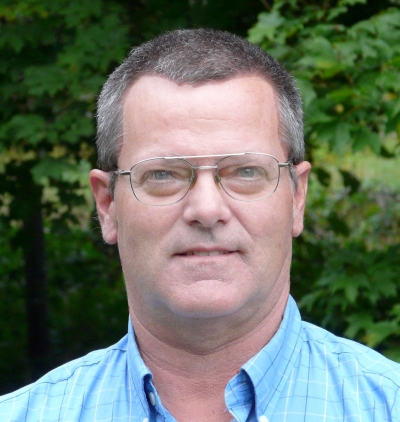Two months ago the PBS show, “NOW,” examined the issue of hydraulic fracturing and its apparent environmental and health impacts. PBS built its story around the exceptional efforts of Josh Fox, the maker of the recent award-winning documentary, “Gasland.”
Fox decided to make his powerful documentary after the gas industry began knocking on doors in his rural Pennsylvania neighbourhood, offering landowners about $5,000 an acre for drilling leases.
He had already heard of “distress signals” in Dimock, PA, so Fox traveled there to interview local residents. He quickly recognized a pattern of potentially lethal problems: residents could light their taps on fire, a water-well had dangerously exploded, livestock and pets were losing their fur, and heavy metals and other contaminants were suddenly showing up in the local water table.
After visiting Dimock, Fox was shocked at the absence of public and political awareness and felt some responsibility “to get out the information to people who needed to know it.” Fox pointed out one important detail which may help explain the surge in shale gas production during the past half-decade: the 2005 energy bill suddenly exempted the natural gas industry from the Safe Water Drinking Act. According to Fox, “The EPA was totally 100% taken off the job” and state inspectors are overwhelmed.
Here is the link to the PBS interview with David Brancaccio (23 mins):
http://www.pbs.org/now/shows/613/index.html
A recent “FRAC Act” initiative is underway to repeal the exemption for hydraulic fracturing:
http://www.govtrack.us/congress/bill.xpd?bill=s111-1215
This 2009 ProPublica article provides an excellent analysis of the fracking issue and contains many supporting links:
http://www.propublica.org/feature/officials-in-three-states-pin-water-wo…






